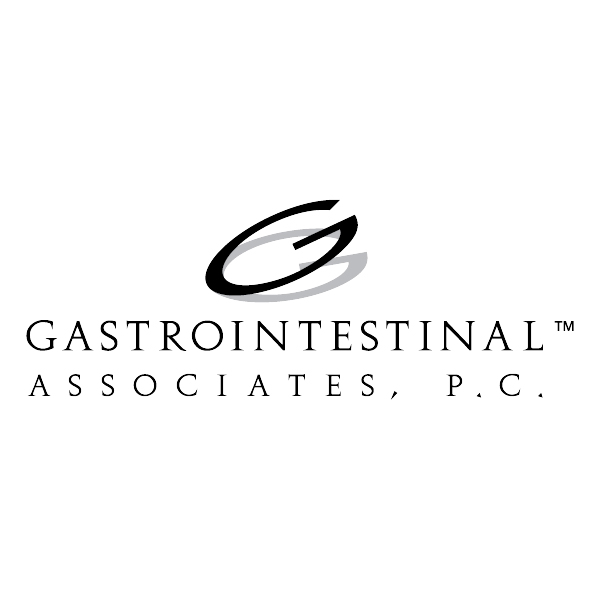Jeff Dew
Chief Executive Officer, Gastrointestinal Associates, P.C.
In the second part of our three-part series about healthcare-related topics we should consider as we wind down the year, we’ll talk about colonoscopies. Check out the previous post about finding the right doctor here and watch for the next installment about things to consider about your insurance – especially if you expect changes next year.
The importance of colonoscopies
During a colonoscopy, a video camera provides a view of the inside of the colon to find any abnormalities or changes.
We recommend that everyone start having screening colonoscopies starting at age 45 – which is five years sooner than previous guidance. These screenings are specifically looking for colon cancer (also known as colorectal cancer) or polyps that could later turn into cancer.
Please note that with the decreased age guidance, some insurance companies will only cover an average risk screening colonoscopy for someone younger than 50, so check with your insurance company or employer.
Colon cancer is among the top four cancers diagnosed annually in the United States. According to the American Cancer Society, although the majority of colon cancer cases occur in adults ages 50 and older, 12% are diagnosed in individuals younger than 50 – and cases in people under 50 are rising for reasons not yet known. That is why we recommend starting your annual screenings at age 45.
If you use screening insurance benefits for the at-home Cologuard test and the test is positive, you will need to have a traditional colonoscopy performed, which may have out-of-pocket expenses since screening benefits were used for the original test.
Finding colon cancer at an early stage can allow for more effective treatment and save lives. Colon cancer is highly treatable, and, if the disease has not spread, is curable.
Know the risk factors
The risk of developing colon cancer is influenced by both environmental and genetic factors.
We know that African Americans have the highest colorectal cancer incidence and mortality rates of all racial groups in the United States. Gender plays a role as well with males being at higher risk. The incidence of colon cancer increases significantly between the ages of 40 and 50.
Also, personal or family history of colorectal cancer or adenomatous precancerous polyps, inflammatory bowel disease (Crohn’s disease and ulcerative colitis), abdominal/pelvic radiation, cystic fibrosis or inherited gene mutations can increase the risk of colon cancer, as can having type 2 diabetes.
Lifestyle also can impact colon cancer rates. You are more at risk if you are overweight or obese, do not regularly exercise, smoke or if your diet is low in fiber and high in fat or processed meat.
Make your appointment
The best way to find and prevent colon cancer is with a colonoscopy. During the procedure, we can identify polyps and remove them and biopsy any areas of concern.
Our board-certified physicians at Gastrointestinal Associates perform approximately 15,000 colonoscopies every year and surpass national benchmarks for finding and removing precancerous polyps.
If you are a healthy person with no current gastrointestinal symptoms or family history, make an appointment for an annual colonoscopy starting at age 45. If you have symptoms or any family history, you may need a screening earlier – talk with your healthcare provider. Planning for your colonoscopy is an important item on the “what to do before 2022” list!


